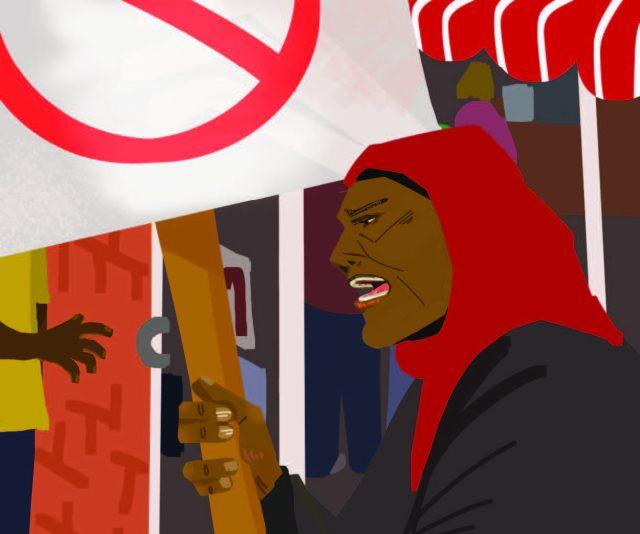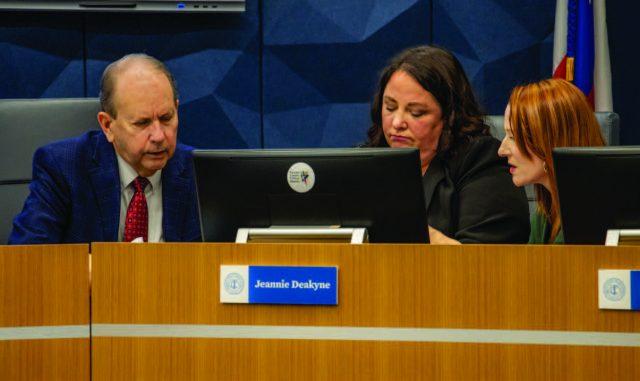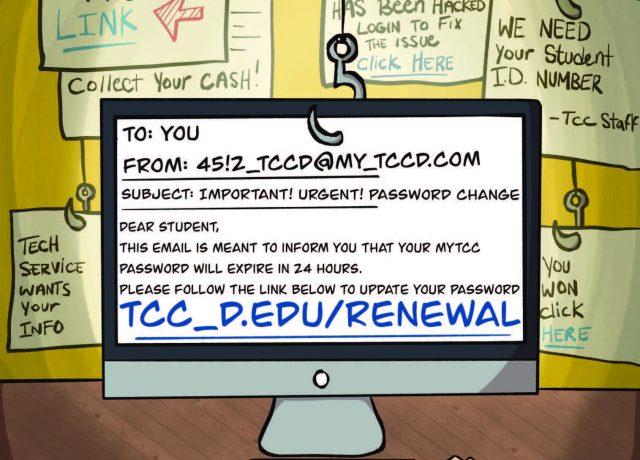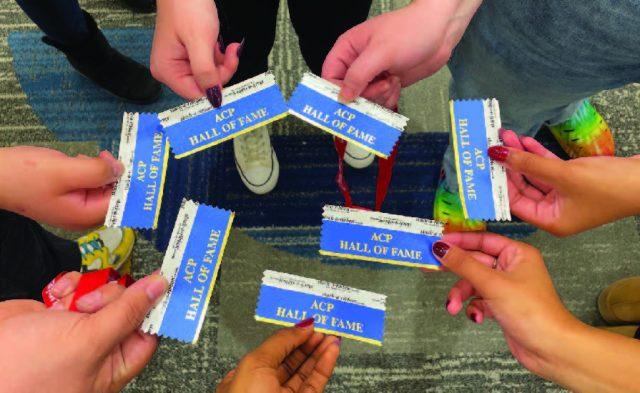We need to put our money where our mouths are, even if it means giving up that daily caramel brulée latte.
Recently there has been a surge of boycotts against major corporations such as Starbucks and McDonalds for their reactions toward Palestine and Israel.
While people obviously need groceries and basic necessities, humans can survive without an iced macchiato. If the pandemic taught us anything it’s that luxury items can also be made at home. Remember the whipped instant coffee trend? We can revive that.
Boycotting is important because it speaks to our values, our morals and whether or not we’re willing to abide by them. The purpose of boycotting isn’t necessarily to drive a business into bankruptcy. It’s to hurt them in the only language they understand, money.
According to its website, Starbucks does not support Israel financially. However, when Starbucks Workers United posted “Solidarity for Palestine!” on X , the corporation sued them after they said they received complaints from hundreds of angry customers and a damaged reputation.
The Starbucks boycott regarding Israel and Palestine is centered on the fact that Starbucks’ actions in this situation went against people’s morals and views about their treatment of their union and their neutrality about what is happening in the Israel-Hamas war.
Protestors have stood their ground on boycotting it because they want the corporation to listen, and ultimately the world to listen as well.
So when it comes to boycotting any corporation, it’s more about what the people want heard. The least you can do if you strongly support something is to keep your money in your pocket.
In this economy we all need to do that anyway. Why spend money on a product you don’t need that supports something you don’t stand behind morally?
Arguably every corporation is funneling their money into something bad. Arguably every person has consumed products from companies that aided in bigoted causes. That’s unavoidable.
With the current boycott of vapes, many consumers only stopped using the product because they learned the cobalt in them was sourced via the child enslavement in Congo. Not for the sake of their lungs, but for the sake of Congo.
Corporations should make sure they source their materials ethically. After all, if they have the money to mine the resources, then they have the money to avoid sourcing unethically.
Do we know how many child laborers have mined the cobalt in our phones? No, we don’t. But if we stop buying phones, clothing, groceries and basic necessities, we will either be starving or naked, probably both. But we can use our voices and our wallets to boycott what is necessary.
Boycotting must be done, if a person can, for the well-being of others.
It’s fair to demand answers to questions the public is asking regarding these issues because it’s the public that funds and enables these corporations to exist. Without the public purchasing their items, they would cease to exist. It is why many companies change their logos during Black History Month and LGBTQ+ History Month.
They know if they don’t take a public stance on things, they’ll lose their profits. And when people boycott, they listen because money is the unofficial language of America.
Being a Switzerland in a country of very opinionated people is not the smartest thing to do. Boycotts have worked in the past, and they can work now.
The fact is, Americans don’t have to worry about bombs potentially killing us every day, but we should be aware that we have a significant influence on the rest of the world. Some don’t understand the impact that our dollars make and think it’s none of our business, when in fact, it is.
The goal isn’t to kill corporations. It’s to hurt them, and losing a pretty penny will get them to listen.































